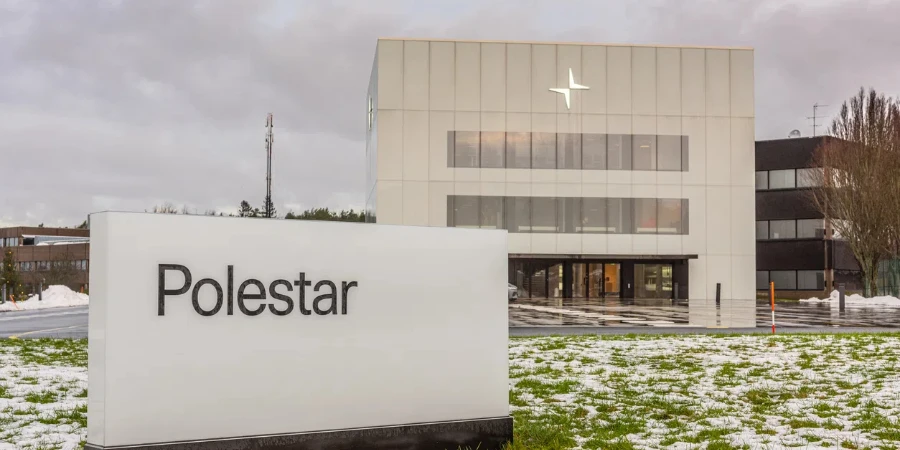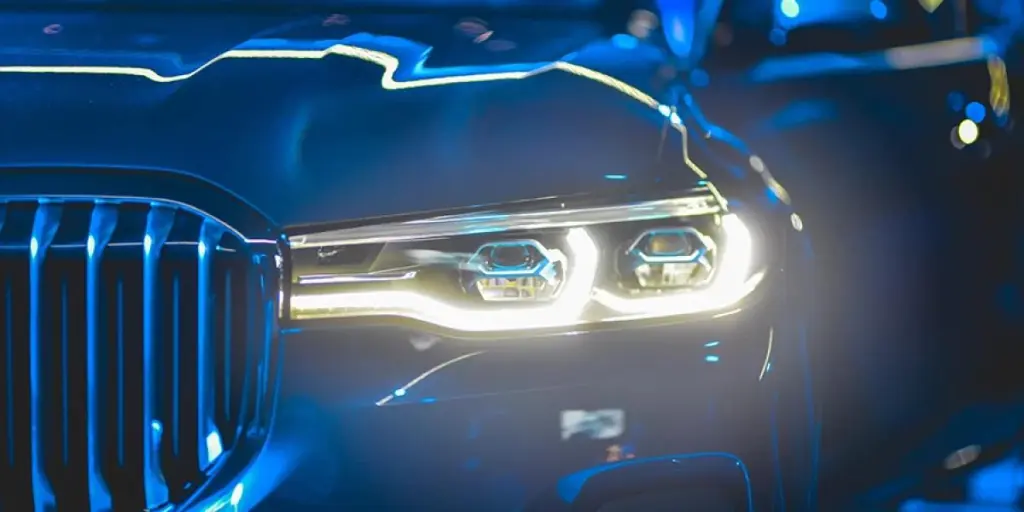Polestar is taking the next steps in reducing its supply chain emissions by integrating renewable fuels on its ocean freight routes, which account for around 75% of Polestar’s total transportation emissions.
Polestar is now also operating its Vehicle Processing Centre (VPC) in Belgium on 100% renewable electricity. The VPC acts as a finishing and preparation point for vehicles before delivery to European customers, including charging them with renewable electricity.
With Polestar 3 and Polestar 4 production now ramping up, renewable fuel will initially be used for approximately 65% of the outbound ocean freight of produced vehicles from Asia to Polestar’s VPC in Zeebrugge, Belgium.
Polestar also plans to integrate renewable fuels on freight from North America during the second half of the year, as production of Polestar 3 expands to South Carolina. Through the utilization of B30 Biofuel, which contains 30% Fatty Acid Methyl Esters (FAME), emissions from these shipping routes can be reduced by approximately 20-25%, compared with conventional Sulfur fuel oils.
Polestar has taken steps to decarbonize inter-continental inbound ocean freight for production materials and spare parts distribution, which are now running on 100% FAME fuel, reducing greenhouse gas emissions by 84% compared to fossil fuel. The FAME fuel is based on renewable sources, including waste cooking oil. No feedstock related to palm oil or palm oil production is used.
Polestar recently published its Sustainability Report for 2023. Greenhouse gas emissions per sold car were reduced by 9% during 2023 compared to 2022, illustrating that it is possible to decouple growth from increased emissions.
Source from Green Car Congress
Disclaimer: The information set forth above is provided by greencarcongress.com independently of Chovm.com. Chovm.com makes no representation and warranties as to the quality and reliability of the seller and products.




